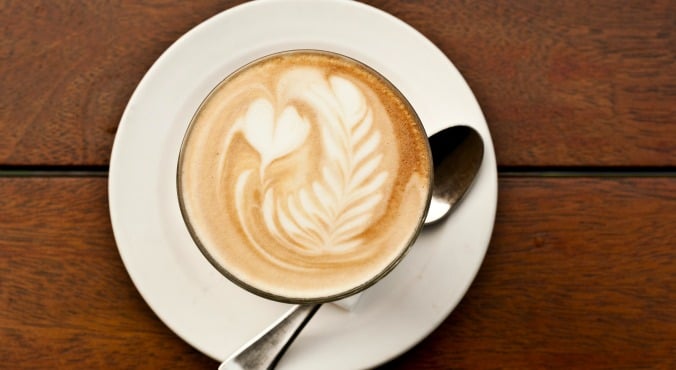
Image via iStock.
People choose decaf coffee for a variety of reasons. If you’re pregnant, have trouble sleeping, experience anxiety or have health concerns that can be affected by caffeine, you’ve probably considered making the switch.
Or hey — you might just prefer it. It’s got all the deliciousness of coffee, with the benefit of being caffeine-free. The perfect compromise, right?
Well… not exactly. You might not realise this, but decaffeinated coffee is not the same thing as caffeine-free coffee. Yep, decaf isn’t actually, well, ‘decaf’.
A University of Florida study, published in ScienceDaily, found almost all decaffeinated coffees contain some measure of caffeine — all but one contained it. The doses of caffeine detected in the coffees ranged from three to 15.8 mg.
The researchers also determined that if someone were to drink five to 10 cups of decaf coffee, they could easily reach the levels present in one or two cups of the caffeinated kind.
So should you be concerned by the amount of caffeine present in decaf if it is your beverage of choice? We spoke to nutritionist Melanie McGrice to get the low-down. (Post continues after gallery.)
Crazy Coffee Art
“The amount of caffeine [in decaf] is quite low, with a maximum of 15mg caffeine per cup. A 30g bar of chocolate contains more caffeine than that,” McGrice explains.
“I guess if we were to be technically correct, it should be called ‘low caffeine’ instead of ‘decaf’ though. I think that it’s important that people become aware that decaf coffee still contains some caffeine so that people can make informed choices though.”

